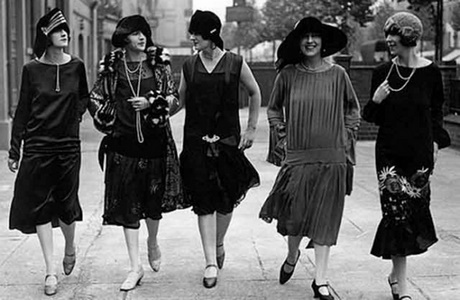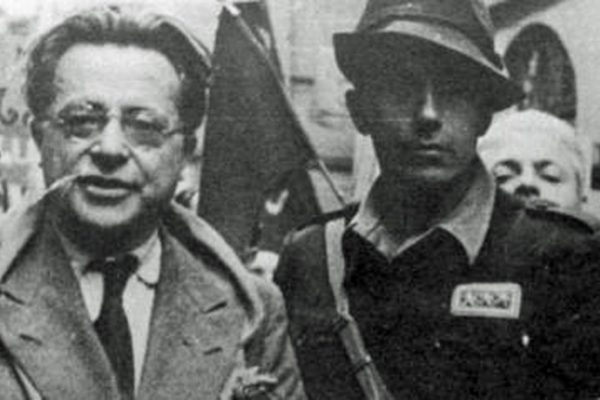Victoria de Grazia, The Culture of Consent: Mass Organisation of Leisure in Fascist Italy, Cambridge University Press, 2002

The efforts of fascism to form a ‘culture of consent,’ or shape depoliticized activities, in Italy between the world wars, make a unique portrait of fascist political tactics. Professor de Grazia focuses on the dopolavoro or fascist leisure-time organization, the largest of the regime’s mass institutions. She traces its gradual rise in importance for the consolidation of fascist rule; its spread in the form of thousands of local clubs into every domain of urban and rural life; and its overwhelming impact on the distribution, consumption, and character of all kinds of recreational pursuits – from sports and adult education to movies, traveling theaters, radio, and tourism. The author shows how fascism was able, between 1926 and 1939, to build a new definition of the public sphere. Recasting the public sphere entailed dispensing with traditional class and politically defined modes of organizing those social roles and desires existing outside the workplace.









